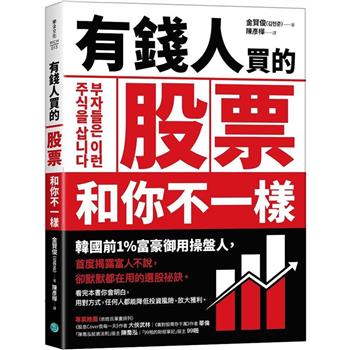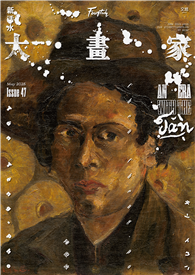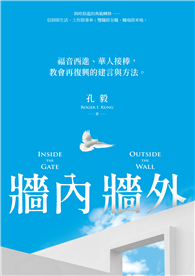Wells calls this phenomenon ?battle time.��To create a modern war machine military officers tried to graft the antebellum authority of the clock onto the actual and mental terrain of the Civil War. However, as Wells's coverage of the Manassas and Gettysburg battles shows, military engagements followed their own logic, often without regard for the discipline imposed by clocks. Wells also looks at how battle time's effects spilled over into periods of inaction, and she covers not only the experiences of soldiers but also those of nurses, prisoners of war, slaves, and civilians.
After the war, women returned, essentially, to an antebellum temporal world, says Wells. Elsewhere, however, postwar temporalities were complicated as freedmen and planters, and workers and industrialists renegotiated terms of labor within parameters set by the clock and nature. A crucial juncture on America's path to an ordered relationship to time, the Civil War had an acute effect on the nation's progress toward a modernity marked by multiple, interpenetrating times largely based on the clock.












